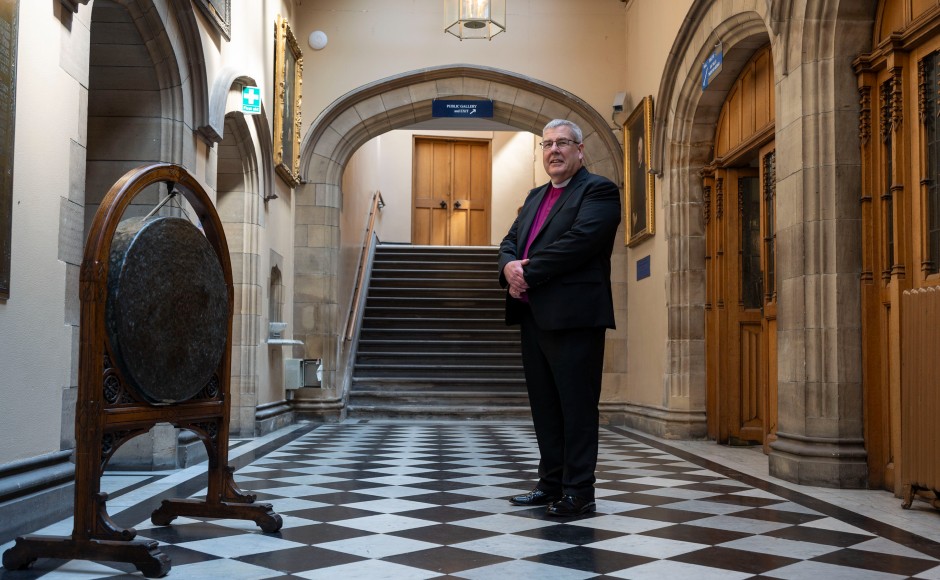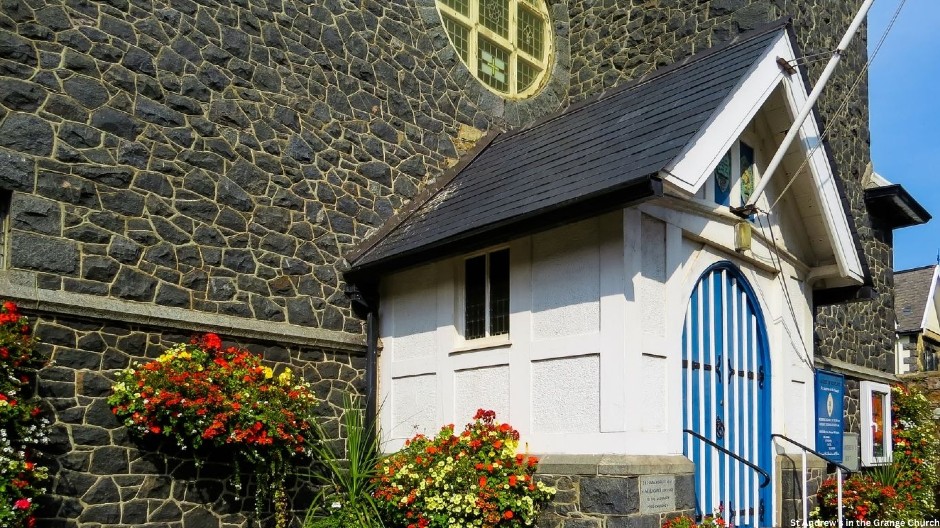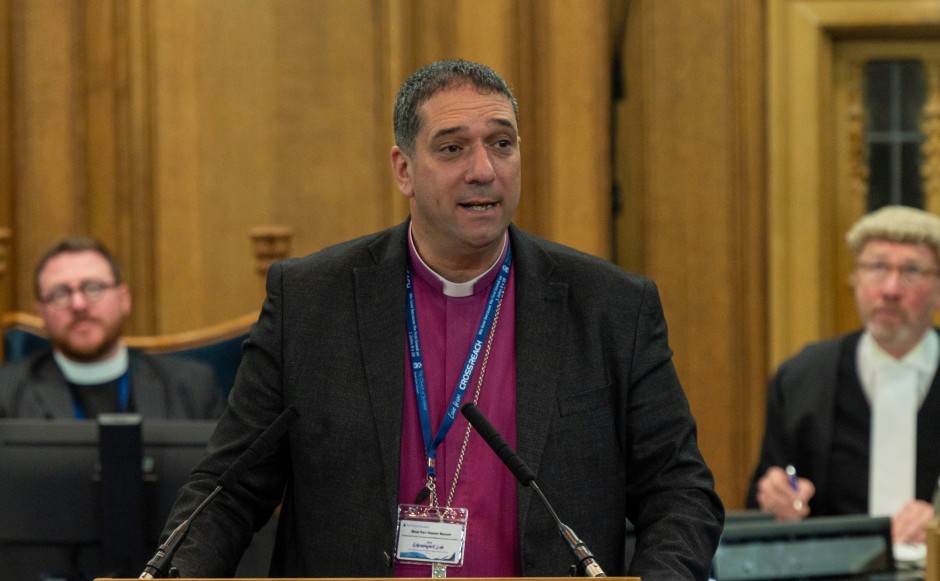Moderator leads service to mark the 84th anniversary of the Clydebank Blitz
Published on 14 March 2025 3 minutes read
The Moderator of the General Assembly led a poignant memorial service to mark the 84th anniversary of the Clydebank Blitz.
Rt Rev Dr Shaw Paterson joined local people at the town's Kilbowie St Andrews Parish Church yesterday to remember those who lost their lives during the air raids on March 13-14, 1941.
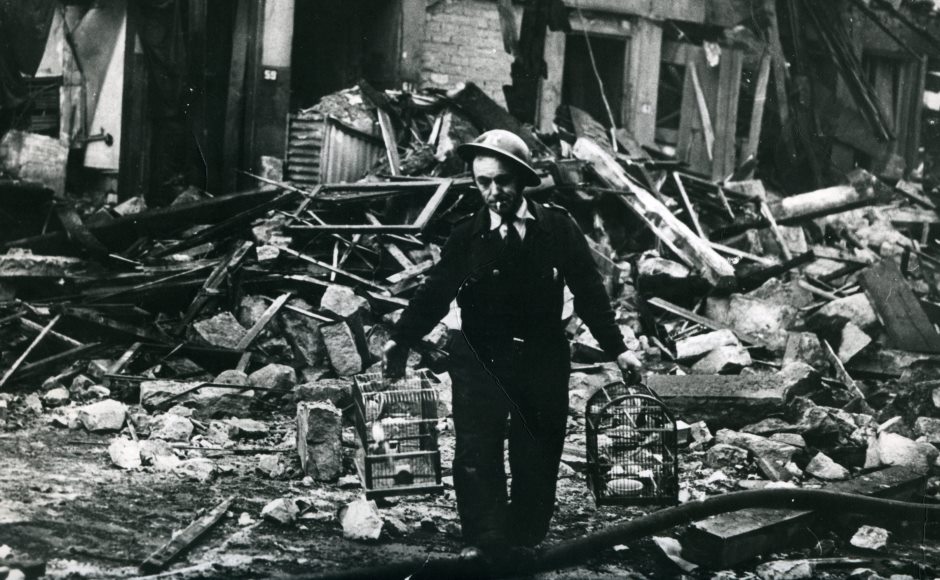
He said "heightened global tensions serve as a reminder that we must be ever vigilant".
The Luftwaffe attacked military targets in Clydebank including the John Brown shipyard and the Singer sewing machine factory.
Official figures suggest 528 civilians were killed, more than 617 were severely injured and around 12,000 homes were damaged, leaving around 50,000 people homeless.
The town suffered the most concentrated bomb damage of any part of Britain during the Second World War.
Remembrance
The church includes a war memorial chapel in memory of all those who lost their lives and a triptych panel by artist Tom McKendrick, which depicts the aerial view of an ordinance survey map showing bomb damage caused to the town.
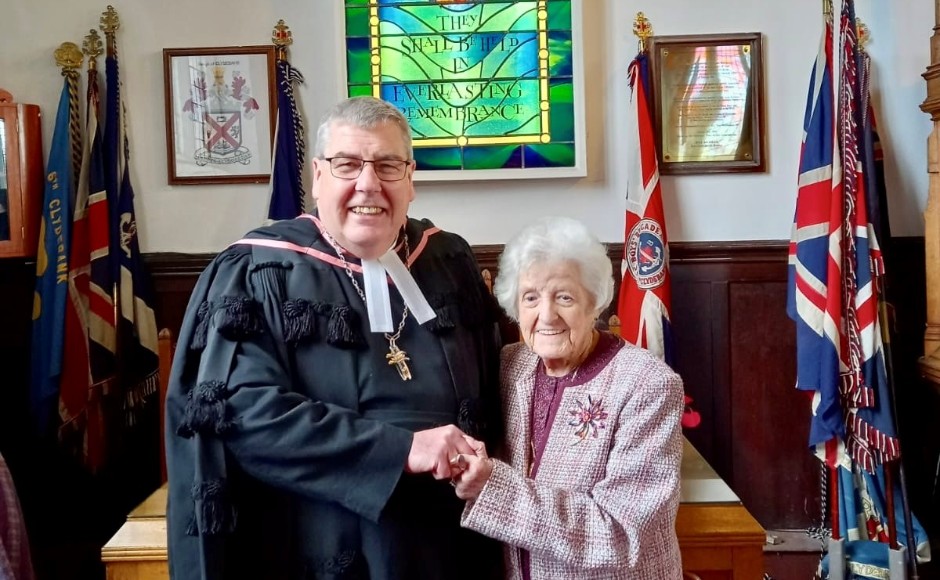
The congregation included West Dunbartonshire Provost Councillor Karen Murray Conaghan, West Dunbartonshire MP Douglas McAllister and Marie McNair, MSP for Clydebank and Milngavie, who read passages from the Bible.
Addressing the congregation, Dr Paterson said: "Some of you will have lived through the blitz and I cannot begin to imagine how horrendous it must have been.
"That feeling of helplessness of not being sure what or who would be hit next.
"Some of you will have grown up with first-hand accounts of what it was like for those on the ground and in shelters, perhaps underground.
"Others may have learned about the events of those two nights as they have been passed down the generations."
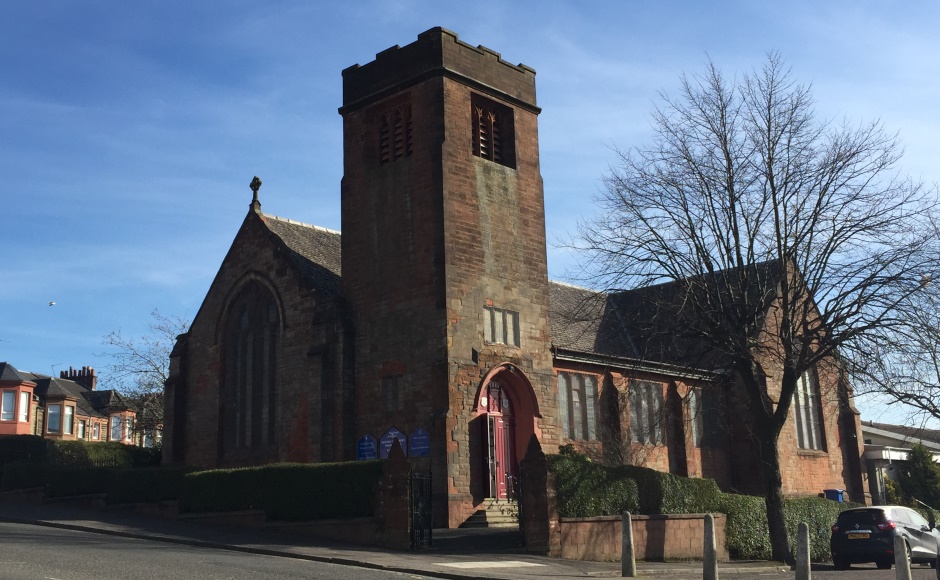
Dr Paterson said he was born after the war but learned what happened when he was a boy, growing up in Holytown in Lanarkshire.
"My first recollection of what happened came from a large chunk of metal I found in the shed of my home and I asked my Dad about it," he revealed.
"He had been a bicycle messenger boy before he was old enough to join the Royal Air Force.
"He witnessed the blitz from a distance and he told me, with tears in his eyes what he saw, and that piece of metal came from a stray bomb from the blitz that landed in Lanarkshire.
"He spoke about the fires that raged for two weeks.
"The blitz affected people from all over but it was the people of Clydebank who suffered so much.
"The effects of the blitz have been far reaching but as we journey through life and through time, historical things can lose their significance and that's part of the reason why we are here today, to remind the people of Clydebank, and our country and, indeed, the world that we still remember, that we still care."
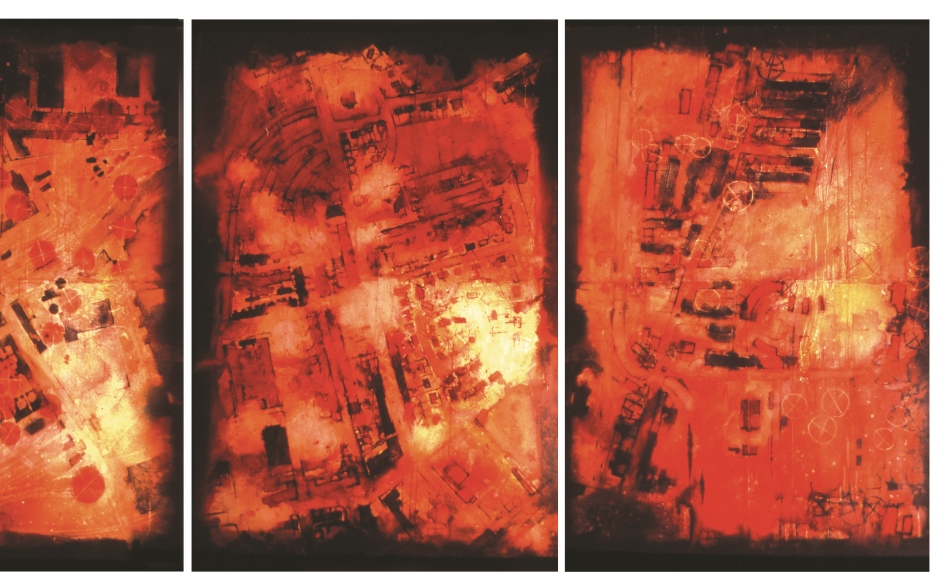
Dr Paterson said there must have been times when people who lived through the Second World War, and conflicts elsewhere since, thought ‘where is God?'
"Paul reassures us that through everything, the good and the bad, God will always be with us," he added.
"We take comfort that even in death, we are never separated from God for Jesus defeated death through the cross and rose again to open up the gates of heaven."
The Church of Scotland has a "Register of War Damaged Properties" which records in meticulous handwritten detail every incident that befell churches, manses and halls during the Second World War.
Bearsden South Church near Glasgow, now known as Bearsden Cross Church, had to be rebuilt after it was hit by an incendiary bomb dropped by a German warplane returning from the bombing raid on Clydebank.
The ledger states: "Totally destroyed – only walls standing."
In 2017, church member Audrey Taylor said she had been told the building had been turned into a make-shift refugee centre for people affected by the Blitz and was full of straw mattresses.
